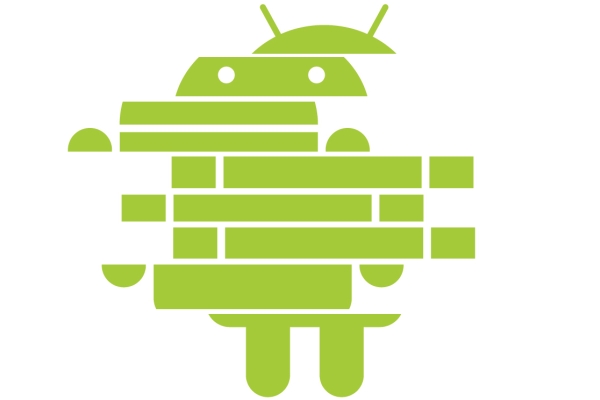
Note: This article is written from the point of view of a USER, not an app dev, therefore ‘fragmentation’ here means untimely or even cancelled updates.
Nowadays, us Aussies are much more likely to win Olympic silver than finding an article comparing Android with other mobile operating systems without mentioning the word ‘fragmentation’ (Still have to say: Well done Sally!). They say: if you buy an Android phone, you have to worry about whether your phone is eligible for future updates, unlike iOS, you are assured that this year’s iPhone would be supported for at least 2 or 3 years. Those articles are absolutely correct, however, there is one type of Android device they forgot: the Nexus line of devices.
Android is NOT fragmented.
Think about this: suppose the only Android device on the market now is the Galaxy Nexus, and all other phones are just compatible with Android apps, then you will see a completely different side of ‘fragmentation’, it simply doesn’t exist! The GN and Nexus S both have the latest release of the OS. So if you want to compare Android with iOS, really, the only devices you should be comparing are the Nexus phones. They represent Android, not phones like SGS3. Sure It’s a good phone but if you buy it, you should be happy with the way it works at the time of purchase, not promised future updates. Fragmentation is a problem for developers, but it is not at the fault of Android, rather, it’s the manufacturers.
The problem:
Other manufacturers like Samsung, who (is forced) to put proprietary skins and other gizmo on their devices to differentiate from the competition. And that’s why Android is great: it offers choices. Whether it’s 4G or physical keyboard or even gamepads, Android has it covered. The difference in hardware and software make every update a time consuming job for the manufacturers, eg. to port the skin to the latest software and extensive testing to make sure it works the way they intended. This explains the delay in updates and huge amount of devices still on legacy versions of Android.
Solution:
If you would like an experience like iOS, timely updates and other things alike, buy a Nexus device. Compare the Galaxy Nexus with Apple’s most up to date offering, you will be surprised by how much similarities are shared between them:
| Features | Galaxy Nexus | iPhone 4S |
| Most up-to-date software | Yes | Yes |
| Not the most cutting edge h/w | Yes | Yes |
| Pure experiences | Yes | Yes |
| Fast update after OS announcement | Yes | Yes |
The Bottom Line:
If you don’t like ‘fragmentation’, go buy a Nexus device.
This article is a guest piece written by Bill Chen. It doesn’t necessarily represent Ausdroid’s opinion, it’s just an interesting take on the fragmentation issue.




